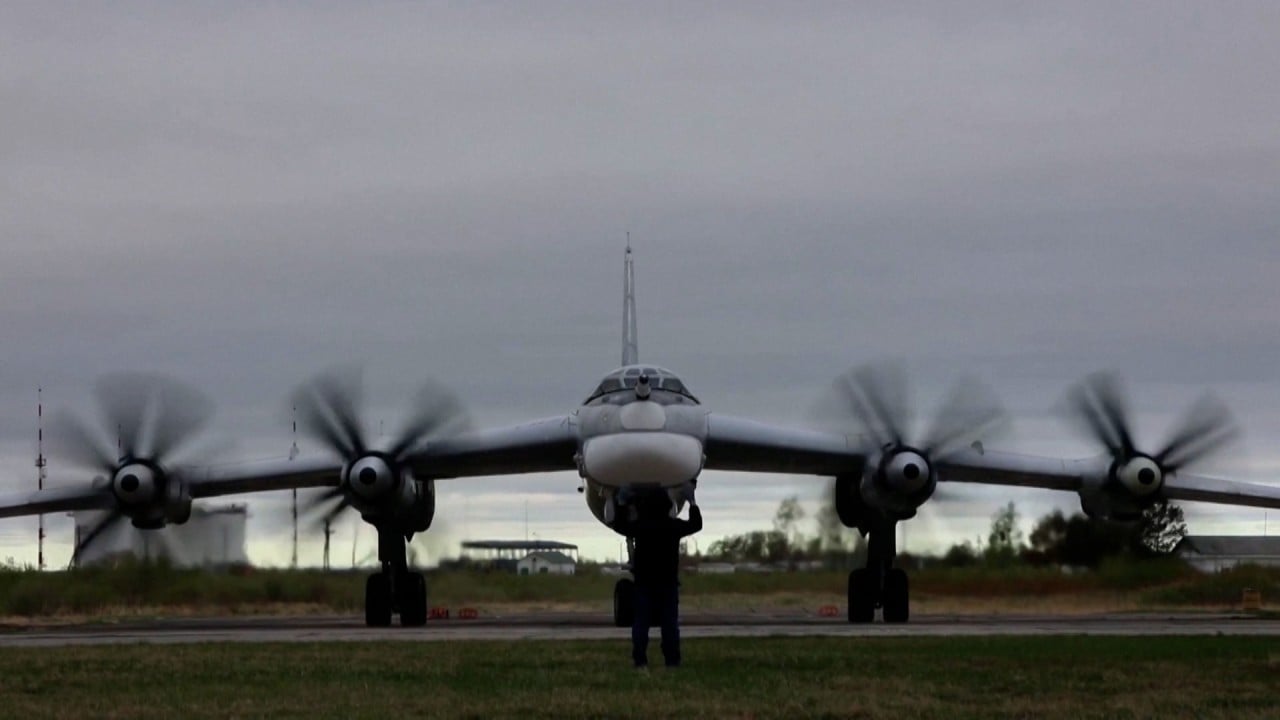
Japan and China ‘must think long term to improve ties’ as frictions rise over Taiwan
- Beijing’s top diplomat says past and present problems between the two countries are intertwined
- Tokyo will reportedly station a defence ministry official on the island to foster intelligence gathering
In a phone call with Japanese national security chief Takeo Akiba, Yang Jiechi said the challenges could not be ignored and both countries needed to foster mutual trust in security.
Yang also reaffirmed Beijing’s position on Taiwan, Hong Kong-related issues, and the disputed Diaoyu Islands, known in Japan as the Senkakus.
The two countries this year mark half a century since the normalisation of relations but ties are strained over Taiwan and continued disputes in the East China Sea.
Japan is also reviving its relationship with the US as Washington and Beijing jostle for geopolitical influence.
During a stop in Tokyo last month, US President Joe Biden said the United States and Japan would “stand firmly” against Beijing taking over Taiwan by force.
And Japanese Prime Minister Fumio Kishida said the two countries would cooperate closely on human rights and on responding to China-related issues in the East China and South China seas.
In addition, Japanese daily Sankei Shimbun reported on Saturday that Japan was expected to station a defence ministry official at the Japan-Taiwan Exchange Association, Tokyo’s de facto embassy in Taiwan, for the first time to foster intelligence-gathering abilities.
That was followed by a Kyodo report on Monday that Japan’s Ministry of Defence will establish a new integrated command centre and chief to centrally oversee the operations of its self-defence forces.
The report said the new position was necessary given China’s growing maritime activities, concerns about an emergency in relation to Taiwan, as well as in response to new areas such as outer space and cybersecurity.
Taiwan was tight-lipped over the reports on Japan’s plan to station an active-duty military attaché on the self-ruled island.
Calling it “an internal affair of Japan”, the island’s foreign ministry said on Tuesday that it would be inconvenient for Taiwan to comment on the reported plan.
“On various international occasions, Japan’s government has many times noted the importance of maintaining peace and stability in the Taiwan Strait and opposed the use of force to change the [cross-strait] status quo. For this we express our welcome and appreciation,” ministry spokeswoman Joanne Ou said.
“We have perceived the aggression and [military] expansionism of the authoritarian regime, challenging international rule-based order and global democracy.
“Taiwan will continue to deepen its cooperation with Japan and other like-minded partners to defend international justice and the shared values of democracy and freedom in the world.”
Hu Jiping, vice-president of the China Institutes of Contemporary International Relations, said Taiwan had become the most sensitive issue between the two countries and Tokyo’s actions would have a major negative impact on bilateral relations.
Hu said Japan’s plan to station an active-duty military attaché on the island was a “breakthrough” for Japan in improving military intelligence exchanges with Taiwan, and more officials – including a military official – could follow.
He also said the new commander position showed Japan was taking concrete steps to prepare for military engagement over Taiwan.
“If there is a problem in the strait, Japan wants to intervene by force, and it is already preparing for military intervention,” he said.
Following the meeting between Biden and Kishida last month, Beijing protested to Tokyo over what it called “negative and erroneous statements and actions concerning China”.
Liu Jinsong, director general of the Chinese foreign ministry’s department of Asian affairs, summoned Fumio Shimizu, a senior member of the embassy staff in Beijing, expressing Beijing’s “strong dissatisfaction and serious concern”.
Additional reporting by Lawrence Chung


